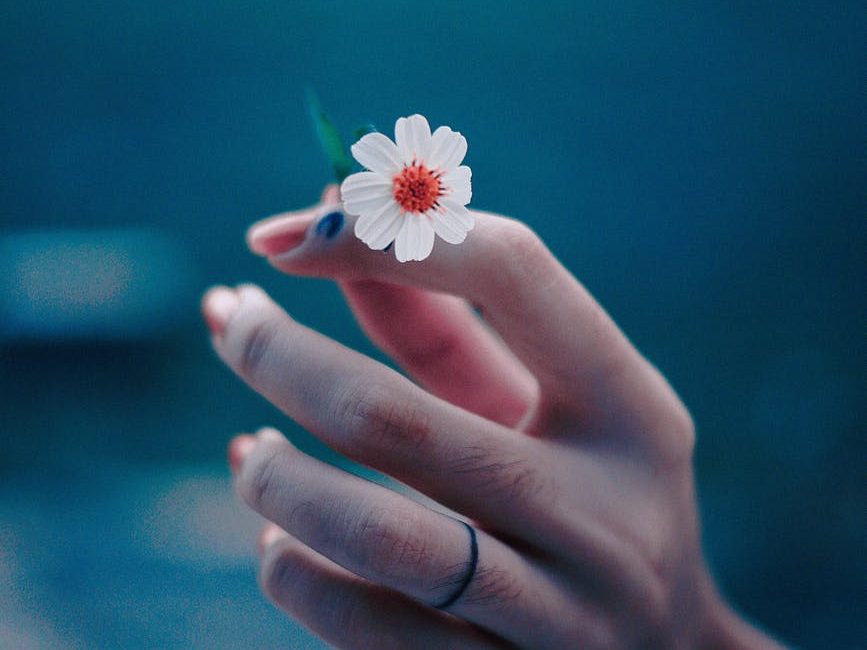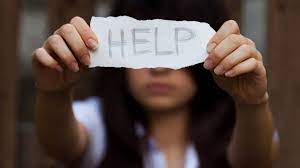
Hello and welcome to The Millennial News. Kindly introduce yourself to our readers; your profession, and your area of expertise.
My name is Makokha Pius. I am a counselling psychologist by training and profession. I run a private practice. I also currently serve as the lead psychologist for the Kenya Scouts Association, they have a project on Mental Health called Scouts Healing Invisible Wounds. I’m also the lead psychologist for the Kenya YMCA movement. I also consult with the Kenya Redcross society, Nairobi county in terms of psychosocial support. I co-founded Psychology for Better Living Society which provides a platform for young professionals to come together, share ideas, share their experiences, and grow together.
What has your experience been like in the field of suicide prevention? (Add details about gender, age, ethnicity, or any demographic)
First, anyone is at risk of being suicidal. When it comes to age, young people between the ages of 15-19 are mostly affected; suicide is the leading cause of death in this age bracket. Young people below 30 years are also very vulnerable. Generally, everyone is at risk of being suicidal but the risk is high for that age bracket of 15-19. When it comes to gender, we have more men than women dying of suicide. Actually, cases of death by suicide in men are 3 times higher than in women. But we have more women going through mental health issues as compared to men. The suicide cases in men are due to stigma, societal expectations, and the means that men would use to end their lives.
Have you encountered a suicide case before and how did you handle it?
I’ll not give the details, but I can just give an overview. Yes, I’ve had an experience with a lady who was suicidal. She needed someone to listen to her; she felt like she lacked people to listen to her, people were judging her, and she also felt like she was at the end of life. So, I talked to her as a professional, and I listened to her as she spoke to me about everything. I was able to give her a safe space to vent out till she felt less burdened. So generally, providing a safe space for one to talk and to feel that someone cares without judgement.
What are the evaluation criteria for suicidal persons?
First, you will notice that someone is suicidal from their behaviour and talking. Some will go to social media and start venting and say things like praising the afterlife eg “life is peaceful when you’re dead”. In terms of behaviour, they may start giving out their precious things, in preparation for death. They may give out their favourite suit, clothes, watches, money, etc. If you notice such, as a friend, it is important to be there for them. Have a friendly conversation with them. Do not be afraid to ask if they are feeling suicidal. Most people are afraid of asking them, but you should actually ask. Asking is not a trigger. It actually challenges their minds.
The three main signs of being suicidal are:
- Hopelessness – Having no hope in life, thinking that nothing will ever be better, feeling like life has no meaning.
- Helplessness – You believe that no one can help you. Thinking that your issues are too much to be handled by other people.
- Feeling worthless – You feel that you have no importance in this life or you are useless. You feel like there is no value you add in this life or you’re just giving people problems.
Other signs include behaviour change (giving out clothes and precious things), cutting oneself, and change in perception (saying that life is better when they are dead/asleep).
What is the First Aid for suicide? Like if my friend or someone I know wants to commit suicide, what First Aid can I give them?
In the practice of mental health, we always try not to do harm. Doing harm may be in the form of saying things that you are not sure about. So I encourage you to not say things that you are not sure about. But asking one if they are feeling suicidal is okay. But don’t say things like “When you end your life today, what do you think will happen to your children/parents?” This is not helpful at all. It makes them feel like you don’t value what they are going through.
If you can, be present for the person and ensure you walk with them to the end. If they are living alone, ensure there is someone looking over them or you are there. Do not just leave them alone.
Encourage them to share with you what they are going through. If they are not willing to share, do not force them. Just be there for them and let them know you’ll be there for them when they need you.
Do not fall prey. Some may ask to send you somewhere so that you give them space. Ensure you do not fall prey. Be conscious and be there for them.
Are there any certain risk factors that can make one more susceptible/prone to suicide?
Yes. One is heredity. Suicide actually runs in families. If you notice that in your family people are dying by suicide, it is important that you start practising self-care or professional help because you never know. Just one thing might trigger you to be suicidal.
The other thing is exposure to harsh environments. Being brought up in environments where you see harsh things or go through harsh things. Life becomes meaningless when you see people dying or people being killed.
Also having underlying and unresolved mental health issues is a great factor. If you have trauma or depression or other mental health issues that you haven’t dealt with, this could be a trigger.
On that note, there was a debate going on on nature vs nurture; whether one is suicidal because they are not strong enough to handle situations or whether one is suicidal because the environment is way more toxic than we can handle. What are your thoughts on this?
In my opinion, both contribute. This is because when you talk of nurture, the environment contributes. Harsh environments contribute to suicide, and also the availability of means by which one would want to use to end their life. When you come to nature, there is the DNA that runs in families. This can also contribute to suicide.
What treatment will I get if I’m suicidal?
The first treatment you can get is psychosocial support – getting a safe space to air out your thoughts and feelings. Sometimes at the hospital, they might be given medicine to calm them down if they are being aggressive, and then they’ll get psychosocial support.
As my therapist, are you entitled to tell my parents when I’m having suicidal thoughts?
There is an emphasis on confidentiality within our code of practice. But then again, there are limitations to that. There are 5 limitations to the code of confidentiality:
- When a person is a minor depending on the country.
- When required by the court to appear as a witness.
- When the client has given consent to share their story.
- When as a professional I go for my supervision, I’m required to share a bit of it so that I can also get help.
- When the client is a danger to either themselves or other people.
How do I overcome my suicidal thoughts and feelings?
The first thing is for you to recognize or know that you are being suicidal, which is not easy. The second step is to share; share with someone how you are feeling and what is making you feel suicidal. The third step is for you to look deeper to find the underlying issue or root cause that is bringing about these suicidal thoughts. The underlying issues might be trauma, grief that you haven’t dealt with, etc. You need to go deeper with help from a professional.
Share some suicide hotlines or resources/websites that one can visit to get help if they feel suicidal.
Kenya Red Cross toll-free number(no charges incurred when making the call) – 1199
You can also chat with a therapist from Kenya Red Cross by sending the word ‘SUPPORT’ to 20767. The first 5 responses are automated/ computer generated then after that you will be connected to a professional.
Befrienders Kenya organization – 0722178177

Finally, this being a Mental health awareness month, is there anything you would like to share with our readers?
The Good Book says that people perish for lack of knowledge. So my clarion call is to have everyone raise awareness on mental health and mental well-being and also share with people that mental illnesses are realities, it is not witchcraft, and people with mental illnesses are not attention seekers. So we should spread this word so that people can understand the weight of this matter. If you can, check up on your friends, organize forums to meet and chat, and make time to meet up with your friends. Remember, no man is an island. The bottom line is, let us create awareness of mental health. If you are bold enough, share your stories to encourage others.
Sharonah ❤❤❤
#mymentalhealthmatters
#mentalhealthawarenessmonth
#themillenialnews
